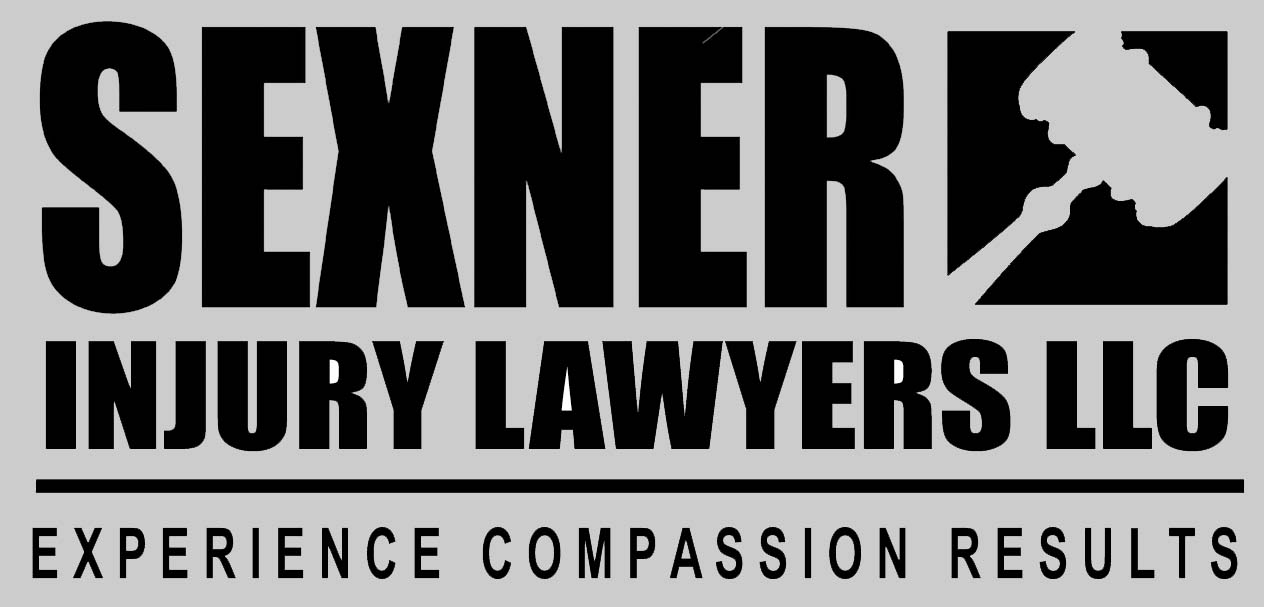Chicago Mining Accident Lawyers
While mining is a safer occupation than it was 100 years ago, it is still very dangerous. Serious injuries and deaths occur semi-regularly. On average, 40+ miners lose their lives every year in the United States, leaving grieving families struggling to survive. In 2010, 29 miners were killed in the Upper Big Branch Mine disaster, a tragedy that resulted in criminal charges against the operation’s superintendant.
This is an ongoing concern. Especially since some states, Illinois included, have recently cut back on mining inspections - opting instead to give "safety coaching sessions" to the men who risk their lives at work every day.
According to the Illinois Department of Natural Resources, the Coal Mining Act stipulates that these inspections take place once a month at every mine in the State. But are they enough? Not if miners are still dying because of avoidable injuries.
Mining Industry in Illinois
The mining industry in Illinois is both prevalent and lucrative. There are over 200 active mines throughout the state, stretching from Thornton Quarry, one of the largest aggregate quarries in the world, to the coal mines of Little Egypt. While mining has given jobs to thousands of Illinois citizens, many of them have been maimed or killed.
Common Types of Mining Accidents
Some of the most common and dangerous mining accidents are explosions caused by methane gas, or consecutive coal dust explosions. Coal layers trap pockets of methane gas, which is highly volatile. Improper use of machinery, or use of devices and machines that are faulty, can cause the methane or coal dust to ignite, resulting in one or more explosions. These explosions often result in coal miners being trapped underground in cave-ins, and have led to the most deadly mine accidents on record, with thousands of fatalities.
Poor training or oversight can also result in mining injuries, often from accidents caused by the improper use of machines. Just as in construction worksites, it is vitally important that each employee properly understands how to use any machine that he or she will be expected to operate. Without the right training, it is all too easy for an employee to get hurt or hurt someone else with a powerful machine.
Blasting is another common cause of accidents and injuries during mining. Flying rocks can seriously injure and kill miners too close to an explosion. Serious injuries can also result from debris being thrown farther than expected. Premature blasts can also be incredibly dangerous, because some miners may not be in a safe area when the blast occurs. Misfires can also be deadly, since undetonated explosives may remain in the mining area if they did not go off properly during blasting.
Black Lung Disease
Black lung disease, or coal workers' pneumoconiosis, is an incurable, painful, and fatal condition brought about by inhaling coal dust. It has been associated with coal mining for centuries and has claimed over 78,000 lives in the United States since 1968. Miners are now required to wear breathing masks while underground; it has yet to be gauged how effective these are. Gas exposure is a major killer underground.
Mining Accidents Fall Under Worker’s Comp
If a worker is injured or killed in a mining accident, it would fall under the legal umbrella of worker’s compensation - a type of insurance that employers are required to have to cover their employees. Benefits are paid regardless of fault. Supposedly, this protects workers and their families, who are eligible to receive:
- Medical care that is "reasonable"
- Temporary total disability (TTD)
- Vocational rehabilitation
- Permanent partial disability (PPD) and Permanent total disability (PTD)
- Death benefits
Workers’ compensation claims are not easy to file. There are deadlines and burdens of proof that must be met. And your employer will never file one for you or your family - it’s up to you to pursue that much-needed compensation. It doesn’t matter who was liable or negligent, except in rare cases. Workers’ comp is meant to protect you, so make sure that it does.
When You Need a Worker’s Comp Lawyer
If you’ve been injured or lost a loved one in an Illinois mining accident, you and your family deserve to be compensated for medical bills, pain and suffering, lost wages, and much more. While employers are required to provide workers’ compensation benefits to their employees, it is not always adequate for injuries suffered in a mining accident. In addition to that, many employers deny legitimate claims simply because they know workers won’t fight back.
That’s when you need legal help. To get the best settlement possible (or deal with denial of your claim), you need an experienced and tough workers’ comp lawyer. He or she will examine all evidence, notify your employer, get you "independent" medical reviews, fill out and file your claims paperwork, go back and forth with the insurance companies, and protect your rights. Having that aggressive negotiator on your side will make all the difference in your case.
To get a settlement worthy of your injuries and losses, contact the legal team at Sexner Injury Lawyers LLC for a free case evaluation, at (312) 243-9922.

